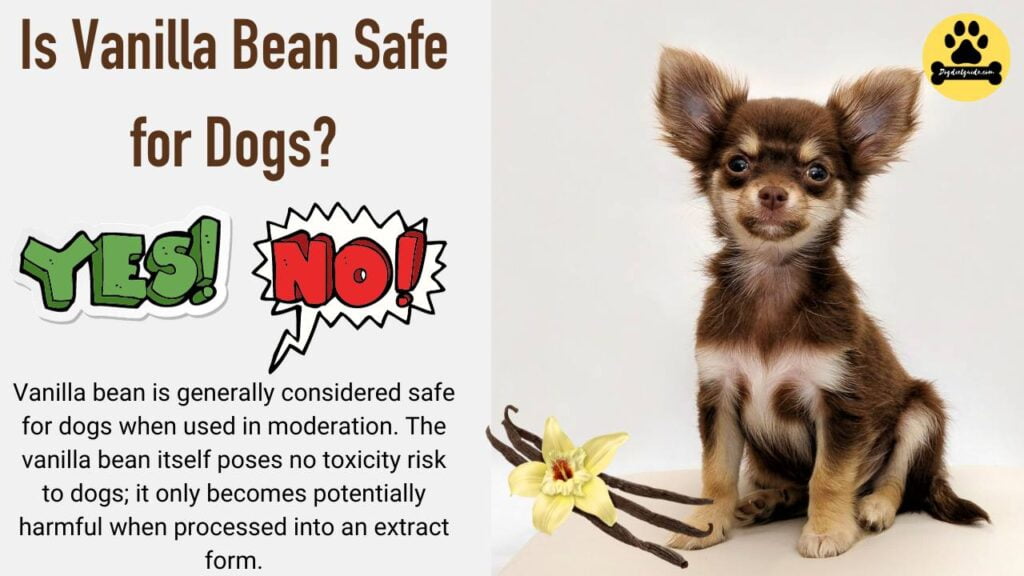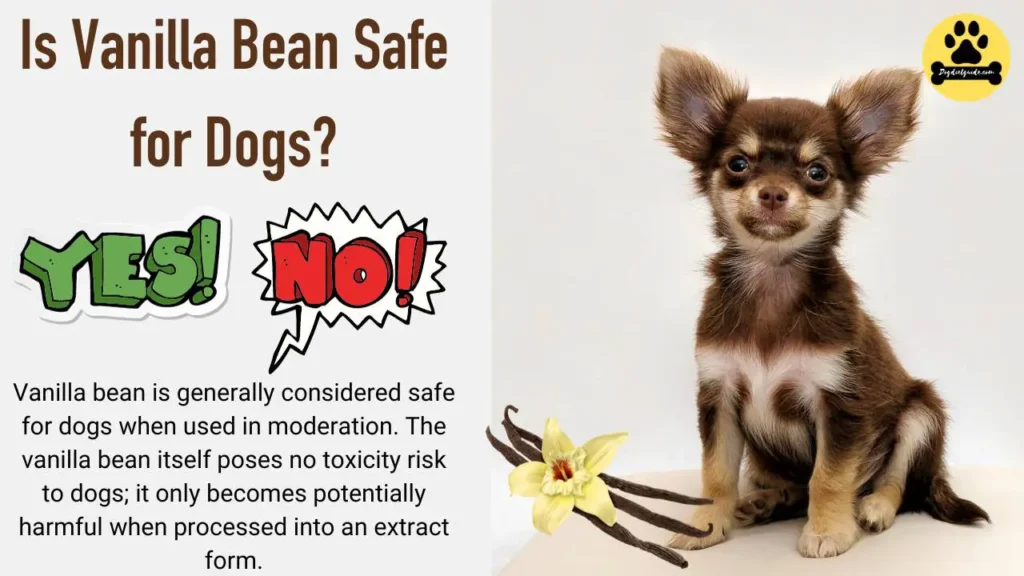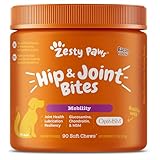As pet owners, we constantly strive to provide the best care and nutrition for our beloved furry companions. However, amidst the plethora of information available, it’s easy to become overwhelmed and uncertain about what foods are safe to share with our dogs.
One such ingredient that often raises questions is vanilla bean. While vanilla is a common flavoring agent found in many of our favorite treats, is vanilla bean safe for dogs?
Vanilla Bean For Dogs Overview
| Aspect | Safety of Vanilla Bean for Dogs |
|---|---|
| Ingredient | Vanilla bean |
| Toxicity Level | Generally safe in small amounts |
| Concerns | Potential allergic reactions |
| Dosage | Small amounts may be safe, but large quantities can cause gastrointestinal upset |
| Precautions | Monitor for any adverse reactions; consult a veterinarian before introducing to your dog’s diet |
What is Vanilla Bean?
Vanilla bean is derived from the orchids of the Vanilla genus, particularly Vanilla planifolia. It’s characterized by its dark, slender pods that contain tiny, flavorful seeds. The compound responsible for its unique aroma and taste is vanillin.
Is Vanilla Bean Safe for Dogs?
Yes & No. Vanilla beans or pod are not inherently toxic to dogs, it’s essential to be cautious. In moderation dogs can eat vanilla pod or beans however vanilla extract can be harmful due to its alcohol content, which can be toxic to canines. The main concern with vanilla beans is the presence of certain compounds like vanillin and other essential oils, which can be toxic to dogs in large quantities.
Ingesting a large amount of vanilla bean can lead to gastrointestinal upset, vomiting, diarrhea, and, in severe cases, liver damage or other complications.

Vanilla Bean Health Risks For Dogs
Allergies and Sensitivities
Can dogs eat vanilla beans? Some canines may be allergic or sensitive to vanilla pods. Symptoms of an allergic reaction in canines to vanilla may manifest as itching, hives, digestive discomfort, or respiratory problems.
If you suspect your dog is experiencing an adverse reaction, it’s crucial to seek immediate advice from your veterinarian.
High Sugar Content
Commercially prepared vanilla products often contain added sugars. Overindulging in sugar can result in weight gain, dental problems, and, in more severe instances, diabetes.
Opting for unsweetened or naturally flavored options is crucial if you choose to introduce vanilla to your pup’s diet.
Potential For Alcohol Content
In some cases, vanilla extract may contain a small amount of alcohol. While the quantity is generally minimal, it’s best to use alcohol-free alternatives to ensure the safety of your canine companion.
Related Post: Can Dogs Eat Digestive Biscuits?
Benefits
-
Aromatic Stimulation: The pleasant aroma of vanilla may have a calming effect on dogs. Some pet owners use vanilla-scented products in environments where their dogs may experience stress or anxiety.
-
Flavor Enhancement: A touch of vanilla can make certain foods more appealing to puppies, particularly in homemade treats or dog-friendly recipes. However, moderation is vital, and choosing natural, unsweetened options is essential.
Using Vanilla Bean Safely For Dogs
-
Option for pure, natural vanilla bean or vanilla extract without added sugars, artificial flavors, or alcohol. This minimizes potential risks associated with unnecessary additives.
-
Introduce vanilla to your furry friend’s diet in small quantities. This ensures that any potential sensitivities or allergies can be detected early.
-
When introducing a new ingredient into your pup’s diet, monitor them closely for any signs of allergies or digestive issues. If you notice any unusual behavior or symptoms, it’s crucial to seek advice from your veterinarian.
Related Post: Can Dogs Eat Tic Tacs?
Final Thoughts: Is Vanilla Bean Safe for Dogs?
In conclusion, when used responsibly, vanilla beans can be a safe and enjoyable addition to your dog’s diet. By choosing natural, unsweetened varieties and introducing them in moderation, you can enhance your canine companion’s culinary experience.
However, always be vigilant for any signs of allergies or sensitivities and consult your veterinarian if you have any concerns. Keep in mind, every pet is an individual, and what benefits one may not suit another.










![Can Dogs Eat Blood? 7 Side Effects [Expert Opinion]](https://petskor.com/wp-content/uploads/2022/04/Webp.net-resizeimage-12.jpg)
